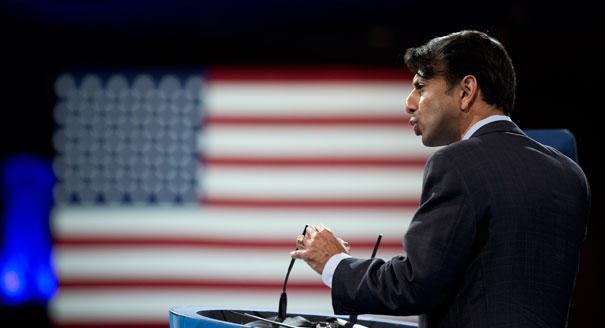If you’ve lived in the state long enough, watching Louisiana consistently rank lowest in categories measuring the well-being of society has essentially turned into a running joke.
In September of this year, the Department of Justice issued a report declaring Louisiana the most corrupt state.
That came on the heels of a Center for American Progress survey ranking the state as dead last for women to work and live in. Additionally, Census data showed Louisiana had the third highest poverty rate in the United States.
Just last week, the news conglomerate CNN released a project, including a 16-minute mini documentary, in which CNN opinion columnist John Sutter delivered a blistering expose on Lake Providence, Louisiana — a city Sutter says is the most unequal place in America in terms of income inequality.
More specifically, Sutter claims the wealthiest 5 percent in Lake Providence earn $611,000 on average, while the bottom 20 percent takes home $6,800 on average.
Big deal. Another report, another terrible ranking for Louisiana. Let’s just slap this one on the top of the stack and try to forget about it, right?
That would be incredibly ill advised. Such extreme disparities in income reinforce the notion that those who start at the bottom rungs of the income ladder don’t have a viable shot at making it to the top.
And equality of opportunity, as we know, is the bedrock of the American Dream.
After all, shouldn’t those who work hard and make good decisions be guaranteed economic prosperity, regardless of whether you’re white or black, rich or poor?
Most Americans agree on this, with the Pew Research Center finding that some 90 percent of Americans believe that government should do everything it can to ensure equality of opportunity.
While our nation likes to imagine itself as the perfect embodiment of a meritocracy, today the U.S. has less equality of opportunity than almost any other advanced industrial country— in particular, Louisiana.
Recently released Census figures show that median income in America hasn’t budged in almost a quarter-century. Adjusted for inflation, the typical American makes less than they did 45 years ago.
Last year, the top 1 percent of Americans took home 22 percent of the nation’s income; the top 0.1 percent, 11 percent. Moreover, 95 percent of all income gains since 2009 have gone to the top 1 percent.
In other words, the rich are getting richer, while the poor and middle class are falling behind.
So, we know America — especially in Louisiana — has an income inequality problem. But how do we go about fixing it?
By ensuring quality and affordable education.
Indeed, most people recognize that education is the only way up, but as a college degree becomes increasingly essential to making one’s way in a 21st century economy, education for those without a lot of money is increasingly unaffordable.
According to the Pew Research Center, student debt for seniors graduating with loans now exceeds $26,000, on about a 40 percent increase in the past seven years.
This is a direct result of the skyrocketing cost of a college degree. Average tuition, and room and board, at four-year colleges is just short of $22,000 a year, up from under $9,000 in 1980, after adjusting for inflation.
With soaring costs, stagnating incomes and little help from the government, it’s unsurprising that total student debt, around $1 trillion, eclipsed total credit card debt last year.
Put simply, we’ve got to find a way to make graduating from college more affordable, as our economy is increasingly reliant on knowledge-related industries.
What economists call “human capital” — investing in people — is key to long-term growth in an economy.
As a result, Louisiana should look to make major reforms to our state’s TOPS and Go Grant Program. For more information regarding this, check out an Aug. 29 column I wrote highlighting the needed changes in our state’s education system.
For the U.S. — by extension, Louisiana — to be competitive in the 21st century is equivalent to having a highly educated workforce.
Like the message in Drake’s single “Started from the Bottom,” it’s not where you start the race, it’s where you end up. And fixing Louisiana’s educaction policies — specifically by making it affordable for virtually anyone to graduate from a four-year university — is the key to mastering our equality of opportunity ideal.
Jay Meyers is a 20-year-old economics junior from Shreveport.
Opinion: Louisiana Town named most unequal place in America
By Jay Meyers
November 4, 2013








